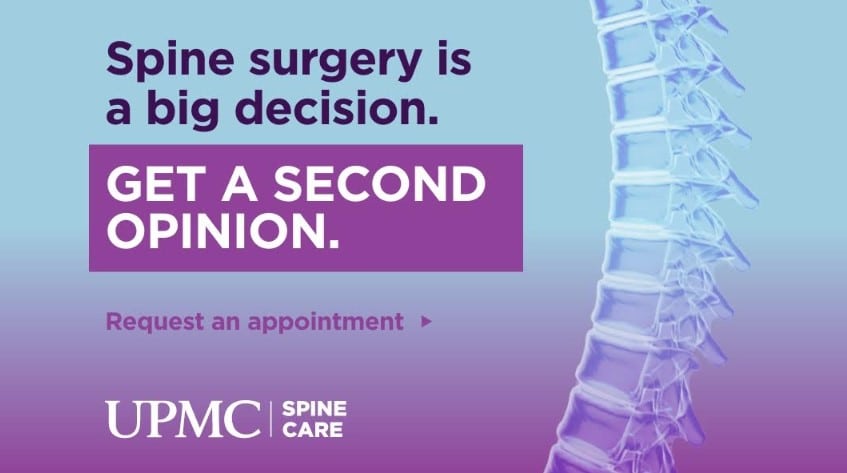UPMC Expert: When to Worry About Forgetfulness

Suhag Patel, PA-C
Neurology, UPMC
The phenomenon of forgetfulness happens to everyone – misplacing keys, missing appointments, and even not recalling why you walked into a certain room at home – especially as we age. While instances like this are usually harmless, frequent confusion or memory loss are early indications for cognitive disorders such as Alzheimer’s disease and dementias.
June is Alzheimer’s & Brain Awareness Month, and over 55 million people worldwide are living with Alzheimer’s or another dementia, according to the Alzheimer’s Association. Recognizing the early signs of this disease is vital, as the current treatments available are more effective in its earliest stages.
What is Alzheimer’s Disease?
Alzheimer’s disease is a progressive neurological disorder that causes a gradual decline in memory, reasoning skills, and thinking. It’s the most common type of dementia, or brain disorders that affect daily functioning.
In its later stages, it can affect one’s ability to converse and respond to the environment, ultimately requiring them to become dependent.
Signs and Symptoms
It’s common to assume that memory problems are the only signal for Alzheimer’s disease. While this is true, it’s also important to look out for the following warning signs:
- Trouble paying bills or handling money
- Difficulty completing familiar tasks
- Memory loss that affects everyday life, like getting lost in familiar places or repeating questions
- Poor or decreased judgment
- Misplacing things and unable to retrace steps to find them
- Changes in personality, mood, or behavior
Improving Brain Health
While there is no guarantee of preventing Alzheimer’s disease, you can help reduce the risk of cognitive decline by adopting certain lifestyle habits. It’s never too late to start these healthy habits to benefit your brain and overall health.
- Engage Your Mind – Puzzles, reading, playing an instrument, or learning a new skill are all great activities to challenge your brain.
- Stay Connected – Maintaining relationships and taking part in social activities helps reduce stress, depression, and ultimately cognitive decline.
- Prioritize Sleep – Seven to nine hours of quality sleep each night supports overall brain function.
- Protect Your Head – Taking time to prevent head injuries and wearing helmets reduces your risk of cognitive impairment.
- Stay Healthy – Exercising, eating a healthy diet, and reducing stress helps improve blood flow, limits inflammatory foods, and decreases the risk of cognitive decline.
If you are concerned about yourself or your loved one potentially having Alzheimer’s, do not hesitate to call your doctor for guidance and support. Early detection and intervention are vital to the most effective treatments.
Suhag Patel, PA-C, sees patients at the UPMC Neurological Institute, 740 High St., 3rd Floor, Williamsport and the UPMC Outpatient Center, 1 Outlet Ln., Lock Haven. To make an appointment with Suhag at either location, call 570-321-2820. For more information about UPMC Neurological Institute services in northcentral Pa., visit UPMC.com/NeuroNCPA.




